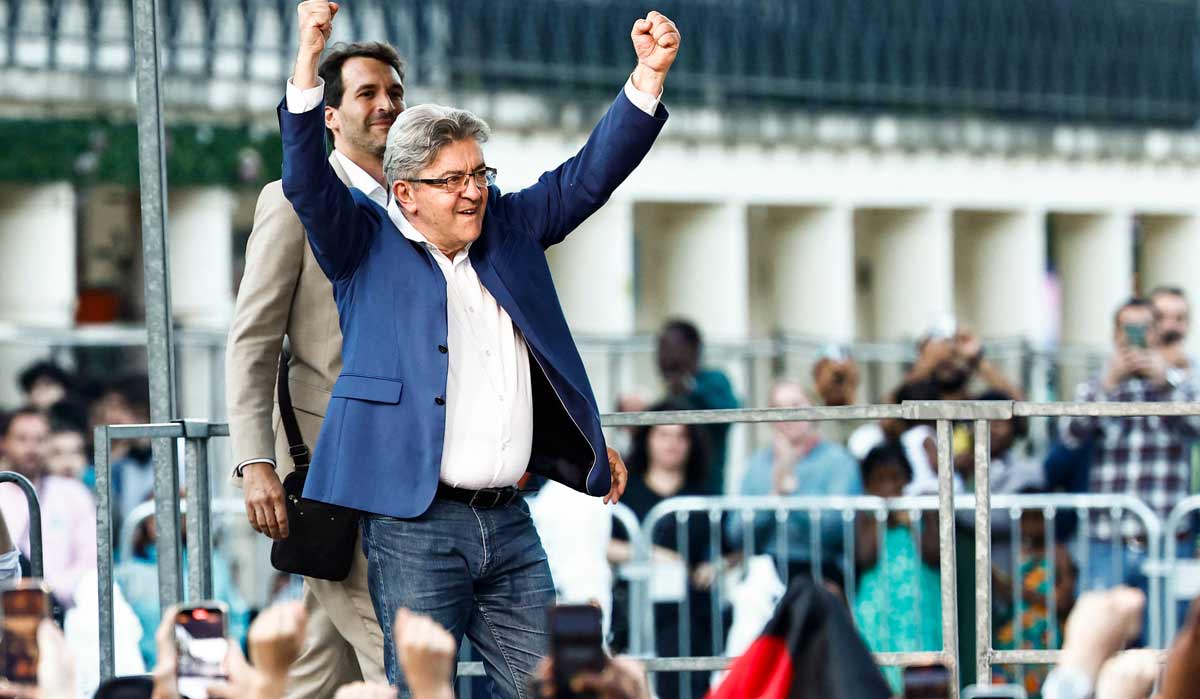The French parliamentary election results are out and the results must have come as a surprise for most people. Till yesterday, there was a fear or an expectation, that the far-right National Rally would win the polls and would get the post of the Prime Minister. The party had done exceptionally well in the first round and finished first.
However, in yesterday's final round, the far right finished third, and is likely to win only around 140 seats in the 577-member parliament. In second position is President Macron's centrist coalition with around 150-160 seats and the surprising leader is the far-left coalition, the New Popular Front, winning round 180-190 seats.
For keen observers of French politics, however, the results are not really surprising. In presidential and parliamentary elections, the French have always voted tactically to keep the far right out. Even this time, that is what happened. After the strong performance by the far right in the first round of polls on June 30, their leftist and centrist rivals, despite their antipathy towards each other, came together to have an understanding.
So, wherever the left came third, they withdrew in favour of second-placed Macron's party candidates, and wherever Macron's party was third, they stood down and voted for second placed leftist candidates. So, in the end, the far right was defeated by an unofficial centre-left coalition.
But this does not mean that there will be smooth governance in France. The results have thrown up a messy hung parliament. Macron and far-left leader Jean-Luc Melenchon, despite managing to keep Le Pen out, are bitter rivals.
In fact, some observers say that Macron hates Melenchon more than he hates Le Pen. So, it remains to be seen whether Macron will invite a leftist to be his prime minister. There are major policy differences between the two. The leftist coalition, for instance, has promised to raise minimum wages, bring down the pension age which was raised by Macron, put a price cap on basic goods and allow more liberal immigration policies.
 Founder of left-wing party La France Insoumise (LFI) Jean-Luc Melenchon reacts during the election night |AFP
Founder of left-wing party La France Insoumise (LFI) Jean-Luc Melenchon reacts during the election night |AFP
This ambitious agenda will be funded by reinstating the wealth tax abolished by Macron and imposing a windfall tax on corporations. Melenchon is also openly pro-Palestine and has been vehemently critical of Israel.
With no party winning a majority and because of the fundamental differences between the three major coalitions, France seems to be entering an era of political chaos and gridlock. Perhaps Macron will try to set up a broad coalition, which will also include some of the centre-right groups, but it might be a long shot. Macron might otherwise opt for a caretaker government run by technocrats to keep the government going, especially as the Paris Olympics is all set to start. And he might call for fresh parliamentary elections, but he will have to wait for a year to do that as French laws mandate a gap of a year between two parliamentary polls. Anyhow, France seems to be stepping in to a period of political chaos and uncertainty.
While the National Rally and Le Pen appear to have lost this round, they remain really strong, they have nearly doubled their tally and their supporters are not going anywhere. In a way, the results have given a major boost to Le Pen's presidential ambitions as she will contest again in the 2027 presidential elections.



